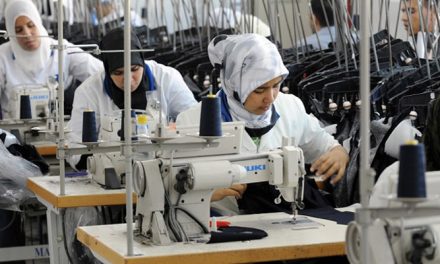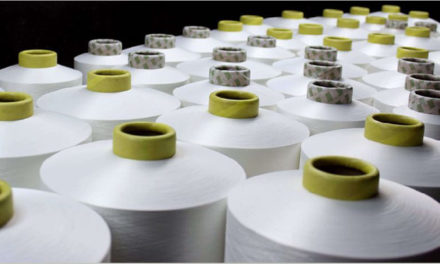 Sportswear Company Puma made seven out of 10 products from ‘better’ materials last year, according to the company’s new 2022 sustainability report. These materials included cotton and viscose from certified sources, as well as recycled polyester, all of which Puma says have a smaller carbon footprint than conventional alternatives.
Sportswear Company Puma made seven out of 10 products from ‘better’ materials last year, according to the company’s new 2022 sustainability report. These materials included cotton and viscose from certified sources, as well as recycled polyester, all of which Puma says have a smaller carbon footprint than conventional alternatives.
More than 50% of the polyester used in Puma’s apparel and accessories came from recycled materials and the company also started to scale up the use of recycled cotton. Puma claims it has reduced CO2 emissions from raw materials by 32% since 2017, and potentially overall emissions by 7% taking into account renewable energy attribute certificates.
“Our Forever Better strategy aims to make Puma better across the entire value chain, whether it comes to materials, carbon emissions, circularity or human rights,” said Anne-Laure Descours, Chief Sourcing Officer at Puma. “We know there is still a lot of work to be done, but we are encouraged by the progress we made last year.”
Puma says its suppliers also increased the use of renewable energy in the supply chain, where most of Puma’s carbon emissions originate, in 2022. Core suppliers, which represent about 80% of Puma’s production, more than doubled their consumption of renewable energy in just one year, from 0.2% in 2017 to 11% in 2022.
This was achieved through the installation of large-scale solar power systems at selected suppliers and the purchase of renewable energy certificates. By 2025, Puma aims to more than double this figure and get its core suppliers to source a quarter of their energy needs from renewable sources.
Other developments highlighted in the report include Puma’s Re: Suede project to create a biodegradable sneaker, and Re: Fibre which aims to scale up more advanced polyester recycling technologies. Both projects are ongoing.
The company also collected audit reports from 510 factories producing finished products and materials in 2022 as part of its efforts to ensure the rights of the more than half a million workers in its supply chain were upheld.

















